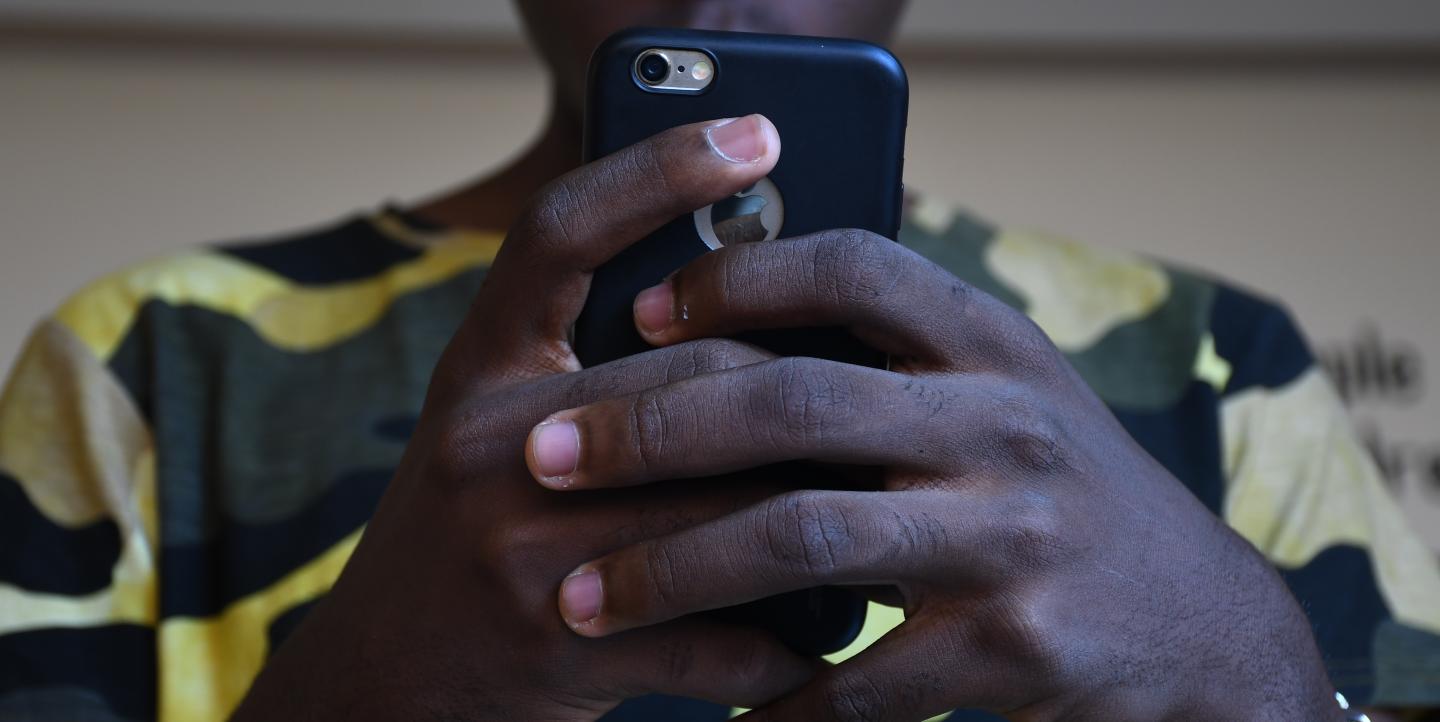Since mid-April, Sudan’s Armed Forces (SAF) and the paramilitary group, Rapid Support Forces (RSF), have been fighting over control of the country. The conflict follows the 2021 military coup which overthrew a civilian-led transitional government and placed Sudan under a council of generals, including the two at the center of the current crises: Abdel Fattah al-Burhan, the head of the SAF, and Mohamed Hamdan Dagalo, the RSF leader popularly known as Hemedti.
Today’s violence broke out after negotiations between the two leaders during the anticipated transition back to civilian rule collapsed. More than 400 civilians have been killed and thousands have been injured, with actual numbers likely far higher. Approximately 73,000 people have already fled Sudan to neighboring countries, and diplomats and other citizens of countries including the U.S., the U.K. and Saudi Arabia have evacuated. More than 50 hospitals in Khartoum and nearby states have halted operations, while some local residents are still trapped in their homes, unable to access basic amenities like water, food and electricity.
“Currently, within Sudan, nothing can move. The airports across the country have all been closed since the fighting began, and there is fighting in the streets,” Doctors Without Borders Project Coordinator Cyrus Paye told Al Jazeera. “If the situation doesn’t change and humanitarian access is not granted, there will be even greater loss of life.”
The Sudanese army and RSF recently agreed to a ceasefire between May 4 and 11, and have also been holding peace talks.
Despite the negotiations, violence has continued throughout the country. Forced to navigate the crisis, Sudanese residents are using social media to crowdsource evacuation options and humanitarian aid. Here’s what journalists should know about how this mobilization on social media is helping civilians reach safety.
Social media to the rescue
Sudanese people are using hashtags like “#حوجة الخرطوم” or #Needed_Khartoum on Twitter to share and find assistance in the country’s capital of Khartoum, where the fighting is concentrated. Many of the requests have centered around food, shelter or transportation to flee the city.
"Anyone who wants to go outside Khartoum [can ask] about safe roads and travel stations that [are operating], and he can find someone on Twitter going to the same area," said Sudanese activist Jia El Hassan. “A hashtag has been activated on Twitter regarding the needs of [each] region.”
Meanwhile, Sudanese in the diaspora have launched a hashtag, #KeepEyesOnSudan, to share updates about the conflict, as well as information on housing options and medical care for people who have been displaced.
The diaspora network has also created a fundraiser via a website that curates information people can use for security and aid. Some of the donations are intended for the Sudanese American Physician Association, which is supporting civilians on the ground. “What is going on is a powerful demonstration of the civil network in Sudan,” said Yassmin Abdel-Magied, a member of the Sudanese diaspora leading the #KeepEyesOnSudan campaign.
What journalists should know
Social media, especially hashtags, are also helping journalists find on-the-ground sources for interviews about the crisis.
Mahdi Garba, a conflict reporter at HumAngle, for instance, posted on Facebook to help crowdsource contacts for a story he wrote on Nigerian students stuck in the country. “Social media enabled me to get a vivid picture of the ongoing crisis; all my interviewees were from social media,” Garba said.
As they source this information—especially videos and images—on social media, journalists will need to diligently fact-check what they receive in order to avoid spreading propaganda or disinformation. “It’s both an asset and a challenge,” Declan Walsh, Africa correspondent for The New York Times, reported. “As a reporter, these videos can be a fantastic way to get a glimpse into what’s going on […] But there’s a high possibility of misinformation, disinformation and propaganda.”
In fact, a few weeks ago, a Twitter Blue verified account that claimed to represent the RSF tweeted a false claim that Hemedti died from injuries sustained during the ongoing crises. The tweet received over 1.7 million views before Twitter removed it.
Internet shutdown: A threat to these efforts
As the citizen-led mobilization efforts continue on social media, the threat of an internet shutdown looms. “Internet connectivity has saved lives since the start of the conflict, and its absence will make it more difficult for residents to avoid danger and stay safe,” said Isik Mater, director of research at NetBlocks, a global organization that monitors internet freedom.
One in four Africans was affected by internet shutdowns in 2022, and residents of Sudan were among the most affected on the continent. On April 16, telecommunications company MTN Sudan blocked internet connectivity in the country acting on orders from the government telecommunications regulator. Another local provider, Canar Telecom, recorded partial outages on the conflict’s fifth day.
"Real-time network data show a near-total collapse of internet connectivity in Sudan with national connectivity now at 2% of ordinary levels," NetBlocks warned on April 23. The internet freedom monitor says that power outages, civilians’ inability to access gasoline to power backup generators, and the destruction of population centers also contribute to reduced internet connectivity. Fortunately as of today, MTN is back online and offering free calls and mobile data to users for WhatsApp.
An internet shutdown in Sudan could be devastating for residents of the country seeking help. The consequences are only heightened in light of many humanitarian organizations having brought their work in the country to a standstill.


